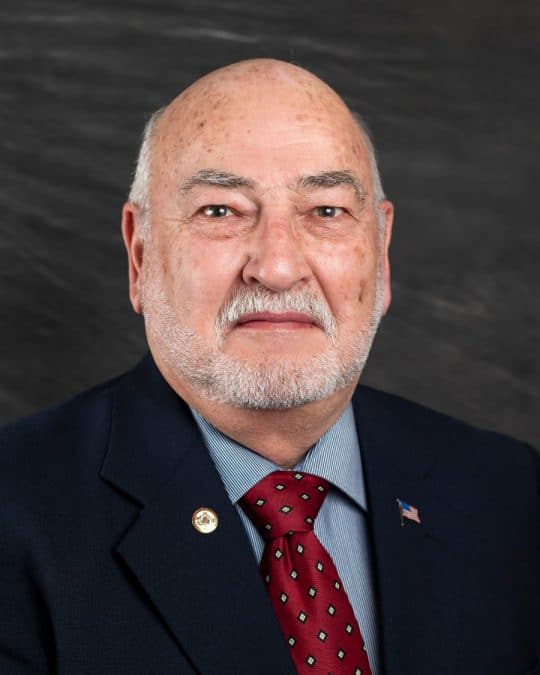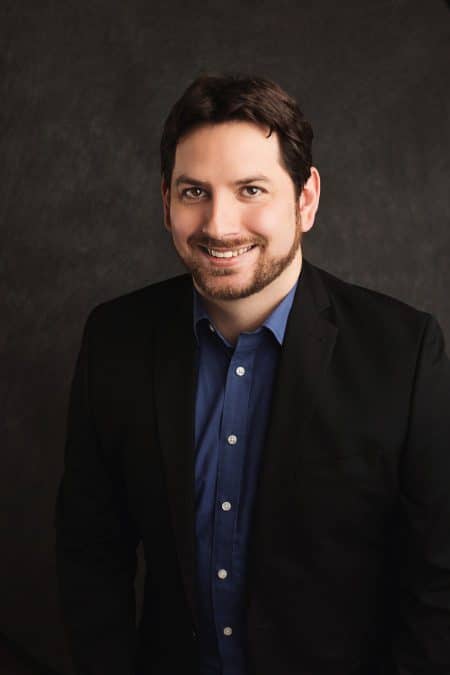In addition to the annual Tribal budget, Citizen Potawatomi voters will cast ballots for three competitive races for Oklahoma’s at-large legislative seats this June. The Hownikan asked the candidates about their backgrounds and reasons for running for Tribal office.
David Barrett (incumbent)

Tell us about a meaningful experience you have had practicing Potawatomi culture?
“A special veteran’s naming occurred before our 2014 Festival. Vice-Chairman Capps started off the naming ceremony by telling the Creation Story, thus allowing me to name my fellow veterans while she drummed.
“I was honored by naming my older brother Wishkmnedo (Strong Spirit). He was a combat Vietnam veteran and Purple Heart recipient. Also we named George Hamilton, then a 98 year old WWII fighter pilot, veterans Derek Skaggs and Tony Wano and son Tharon.”
What is the biggest issue in IndianCountry you see impacting CPN? How would you address that?
“Our biggest issue for the CPN is maintaining our sovereignty, our self determination and our self governance. Addressing those issues we have to
maintain our distinct history, language and culture. We must always be on
guard on the jurisdiction between federal, state and tribal sovereignty.
Sovereignty must be protected and nurtured so that we understand
our past and continue to thrive.”
What experiences do you have that can be applied to a legislative position with the Tribe?
“My experiences from being a professional and having an entrepreneurial streak has guided me to pay close attention to details and render good decisions based on fact-finding. While serving our Nation (on the bank board, grievance committee, and legislature), I have been able to study our policies, procedures and the Constitution of which those experiences I will continue to apply to the Legislature.”
What do you see as the Tribe’s next significant project? How would you approach that as a legislator?
“We are a Tribe who has always had visions for future projects and ventures. Whenever these significant projects (we are currently working on several revenue producing ventures) come along, we as legislators need to able to have open communications, have pertinent facts, and risk assessment strategies in order for the legislature to render the best decision for protecting our Nation’s assets and revenue streams for future generations.”
Norman Brasfield (challenger)

Tell us about a meaningful experience you have had practicing Potawatomi culture?
“The Potawatomi culture is a spiritual fabric, woven by our ancestors to include teachings of love, honesty, humility, truth, wisdom, respect and bravery which must be lived, not practiced. It is warmed by the sun and is the heartbeat of the individual, not regalia which is removed and stored for later use.”
What is the biggest issue in Indian Country you see impacting CPN? How would you address that?
“The biggest issue I see facing CPN is the continued reliance on grant funding. The 1936 Oklahoma Indian Welfare Act enables tribal government infrastructure creation with industries to grow the profit margins required to support existing tribal member services and provide additional services and benefits in the future. Our Tribe should strive to be a leader in innovation and become self sustainable without the use of grant monies.”
What experiences do you have that can be applied to a legislative position with the Tribe?
“A common sense perspective to balance individual Tribal member needs with equitable distribution of benefits to all Tribal members against available bottom line finances. Tribal governments across the country struggle with funding issues. I believe industry diversification to complement grant funding will help alleviate a portion of the immediate financial struggle while growing the future for generations to come.”
What do you see as the Tribe’s next significant project? How would you approach that as a legislator?
“I believe we should focus on our elders. As descendants we owe a huge debt of gratitude to the blood quantum members who allowed our membership. Today, these individuals are seniors living on a Social Security budget supplemented by continuing to work. The Medicare co-pay for part B medical is deducted monthly. Appreciation for their contribution would be supplemental assistance of the mandatory co-pay reduction.”
